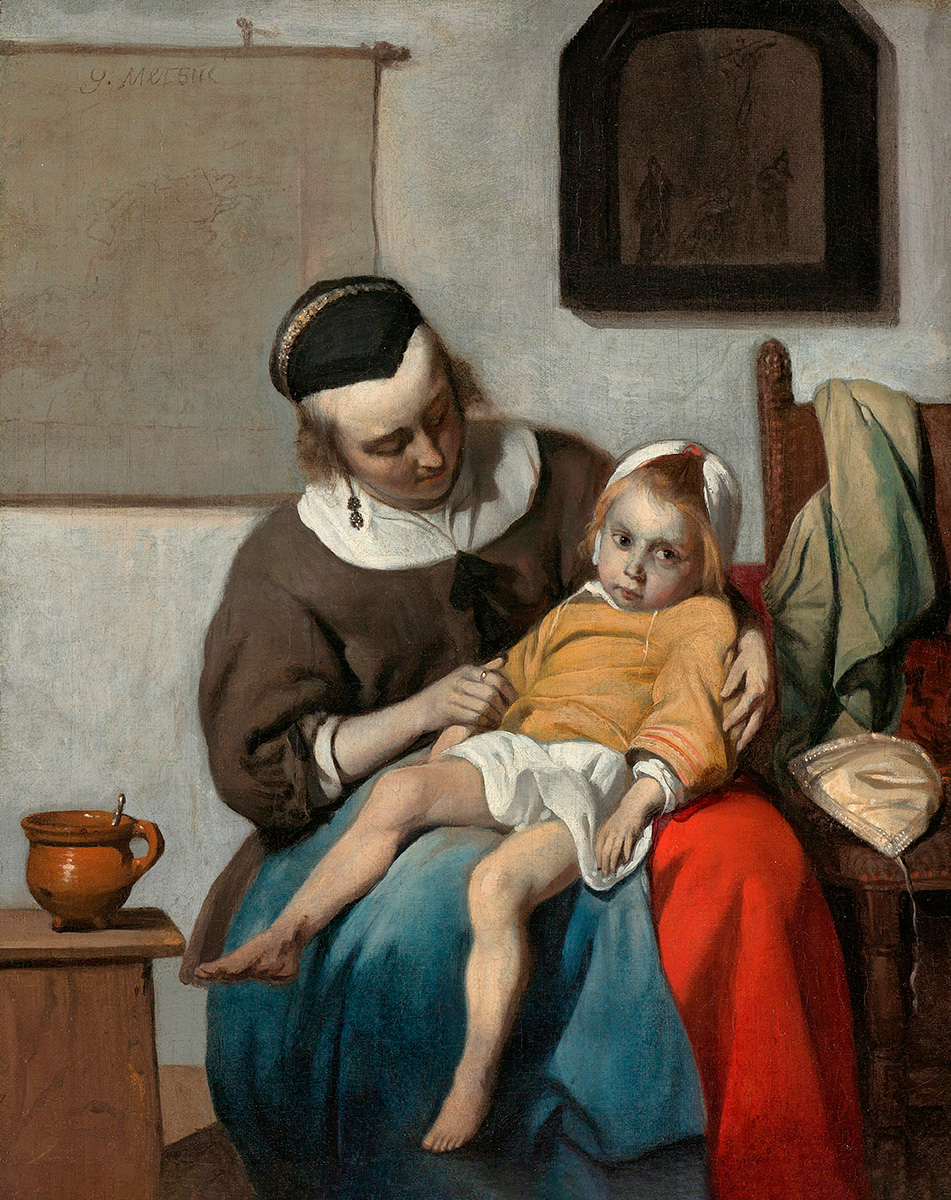Caregiving is essential to the health and well-being of society. It is also a fundamental human experience: almost all of us will care for others and be cared for during our lives.
But despite the importance of care work in all its forms—paid and unpaid, in our families, in health care, in education and public services—and despite the demographic changes speeding us toward a care crisis, this work has been largely invisible in the social and human sciences.
“The Social Science of Caregiving,” the Winter 2025 issue of Dædalus, edited by Alison Gopnik, Margaret Levi, and Zachary Ugolnik, offers essays examining what we know about care, what we need to know, and what we need to do to meet the health challenges of a rapidly aging and technology-reliant society. The authors approach their topics from a wide range of perspectives in the sciences and social sciences, consider more abstract philosophical and sociological themes, and propose policies to support caregivers and promote the autonomy and well-being of the cared-for.
“The Social Science of Caregiving” features the following essays:
Introduction: The Social Science of Caregiving
Alison Gopnik, Margaret Levi & Zachary Ugolnik
How Do Infants Experience Caregiving?
Ashley J. Thomas, Christina M. Steele, Alison Gopnik & Rebecca R. Saxe
What Developmental Science Has to Say About Caregiving
Seth D. Pollak & Megan R. Gunnar
Caring for Children in Lower-SES Contexts: Recognizing Parents’ Agency, Adaptivity & Resourcefulness
Monica E. Ellwood-Lowe, Gabriel Reyes, Meriah L. DeJoseph & Willem E. Frankenhuis
Looking Back to Look Forward: Leveraging Historical Models for Future-Oriented Caregiving
Maisha T. Winn & Nim Tottenham
Why Do Women Care More & Men Couldn’t Care Less?
Toni Schmader & Katharina Block
The Human Geography of Care
Claire M. Growney, Caitlin Zaloom & Laura L. Carstensen
Technology & the Dynamics of Care for Older People
Elizabeth Fetterolf, Andrew Elder, Margaret Levi & Ranak B. Trivedi
Imagining Yourself in Another’s Shoes versus Extending Your Concern: Empirical & Ethical Differences
Eric Schwitzgebel
Divine Care: Care as Religious Practice
Zachary Ugolnik
Care of the Dead: Ancestors, Traditions & the Life of Cultures
Phil Ford, Jacob G. Foster & J. F. Martel
Computational Frameworks for Human Care
Brian Christian
Paying for Expanded Care Provision
Robert H. Frank
A Worldview of Care & a New Economics
Elizabeth Garlow & Anne-Marie Slaughter
The Social Life of Care
Gregg Gonsalves & Amy Kapczynski
Expanding the Community of Fate by Expanding the Community of Care
Margaret Levi
O, Responsibility
Jane Hirshfield
Gallant and Goofus: The Daughter-Caretaker Edition
Roz Chast
The Dædalus volume on “The Social Science of Caregiving” is available on the Academy’s website. Dædalus is an open access publication.
